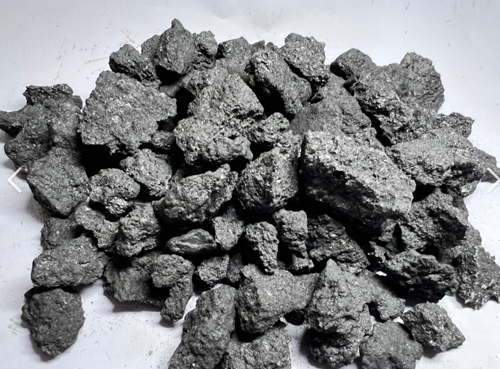
Petcoke, or calcined petrol coke, is produced during the refining procedure as a waste product. It is a coke with a low amount of ash and a very high level of carbon. This makes the fuel a good choice for many industrial uses. It can be used to produce heat, steam, and electricity. In the generation of electricity, petcoke is an excellent alternative to coal. Use of petcoke has many benefits, including reducing the pollution released in the atmosphere and producing less greenhouse gases.
Presently, calcined petrol coke is utilized in many industries. This includes metallurgy. paints and coats. steel. This product can replace pulverized charcoal in blast-furnaces to make steel. It is also useful as an alternative to natural gas in industrial boilers, and can be used to generate electricity. It is much cheaper than gas. This fuel is also a great substitute for crude in the production of LPG (liquefied Petroleum Gas).
Globally, the demand of calcined PETCOKE is predicted to grow in the future due to the increased usage in the aluminium and steel industries. The market is dominated mainly by major players such as India Carbon Limited (ICL), AMINCO RESOURCES (Atha Group), Oxbow Corporation (Oxbow), Mangalore Refinery & Petrochemicals Limited (MRPCL), BPCL and Graphite India Limited.

Many companies are increasing their capacity for calcined PETCOKE to meet growing demand. In order to maintain stable supplies, many of these companies also want to create long-term partnerships. These partnerships are expected to give these companies a competitive advantage on the petcoke market.
The GPC is required by aluminum smelters with higher vibration bulk density and lower volatile material (VM). The VM tests and VBD are based on coke porosity. In the past these tests were performed by laboratory technicians using smelter equipment.
In the future, it is expected that GPC calciners will be designed to provide more accurate test results for both the VM and VBD tests. The smelters can then select GPC with more accuracy as their feedstock. This also helps smelters reduce their carbon net consumption.
Project partners collaborate to reduce the energy intensity in the petroleum coke calcination. This will be achieved by utilizing opportunity fuels - process waste off-gas and solid product waste heat - in an electrothermal fluidized bed.
Superior Graphite Company in Hopkinsville, Kentucky, will sell the technology that was developed during this project. It will be a cost-effective, carbon-efficient alternative to the traditional rotary kiln and shaft calciners for producers of petroleum coke. This will enable them to compete with their global competitors on a level playing field and will benefit the nation's economy. Other energy-intensive sectors, such as the steel industry and power production will benefit from this technology.

Write a Message